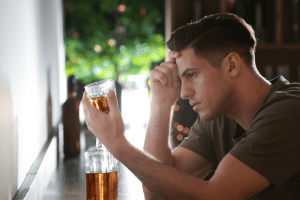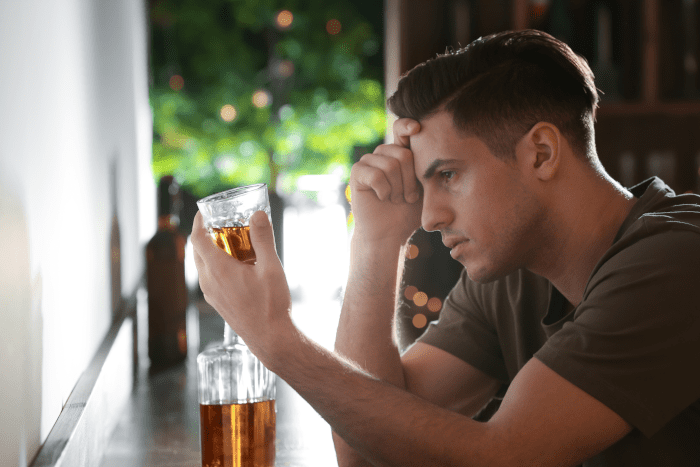
Doctors and healthcare professionals may stress the danger of smoking, overeating, or under-exercising to your health. What gets mentioned less often is the toll that social anxiety takes on the mind, body, and spirit.
What is Social Anxiety?
Unfortunately, social anxiety is a very real mental health condition and quite challenging to overcome for many individuals. It often runs in families and involves a chronic fear of social situations, especially new ones. This fear can include:
- Feeling like you’re being watched constantly
- Feeling paranoid that everyone is judging you or speaking badly about you
- Feeling like you’re going to humiliate yourself terribly in some unavoidable way
- Dreading situations like public speaking or acting
These fears and anticipations can manifest physically in the following ways:
- Blushing
- Sweating and/or shaking
- Increased heart rate
- That “mind going blank” feeling
- Nausea or stomach aches
- Stiff posture, poor eye contact, or speaking very quietly
For some people, their social anxiety is so acute that it interferes with work, school, or other obligations, making daily life very difficult. Social anxiety can thus fuel low self-esteem and depression. When you constantly feel terrified or sick in social situations, you start to doubt your ability to connect with others.
The Connection Between Social Anxiety and Heavy Drinking
For someone who is socially anxious and doesn’t have access to or is unaware of professional treatment options, alcohol can become a form of self-medication. Because alcohol is a depressant, it often has the effect of making people feel more relaxed–and thus braver in social situations. Many people think that with a shot or two of liquor, or three or four beers, their ability to interact with people, speak second or third languages, or even perform musically dramatically improves.
The truth is that there’s no scientific evidence that supports this common misconception. Social anxiety can be successfully managed and even treated with psychotherapy and/or pharmacotherapy. Treating anxiety with “liquid courage” can quickly lead to heavy drinking and, eventually, addiction.
When addiction is closely related to anxiety, the person is said to have a co-occurring disorder: both a substance use disorder and a mental health disorder. Treatment for a co-occurring disorder happens concurrently. In the case of anxiety and alcohol addiction, treatment typically begins with detox and then continues with therapy and other treatments to address both the anxiety and the addiction. The person will learn new ways to cope with anxiety, possibly with medication, continued therapy, a support network, and increased self-awareness.
We Are Here to Help
There is always an alternative to self-medicating social anxiety. Let our team at Great Oaks help you discover that alternative today. Alcohol may seem like a quick and easy solution to social anxiety, but it will harm your body and make the anxiety worse as addiction develops. If you’re anxious about getting treatment, speak to one of our admissions counselors. We can offer the guidance and reassurance you need as you begin your path to healing.



